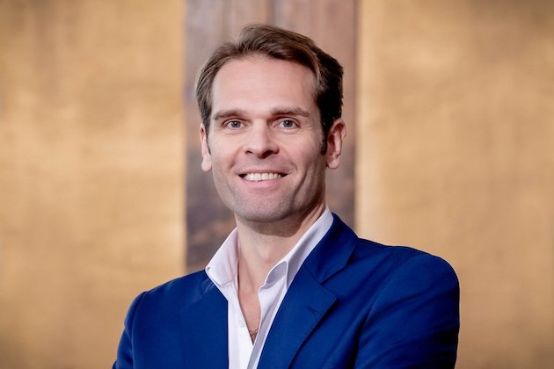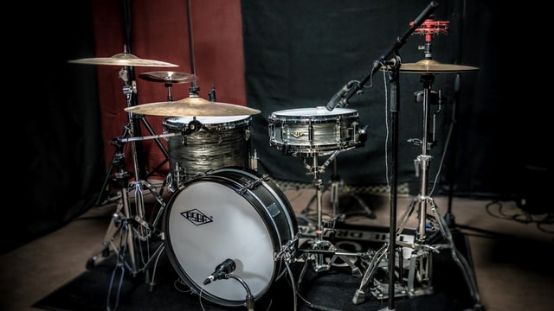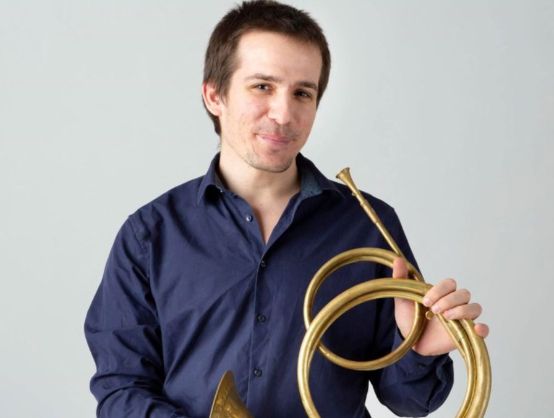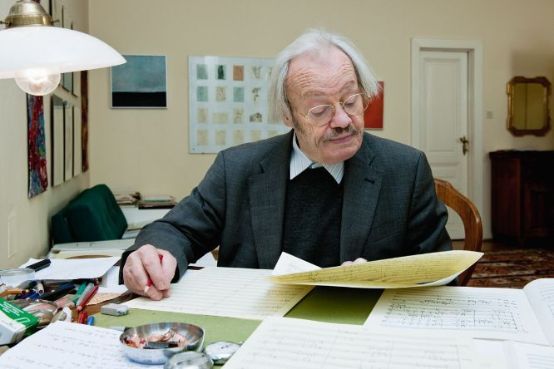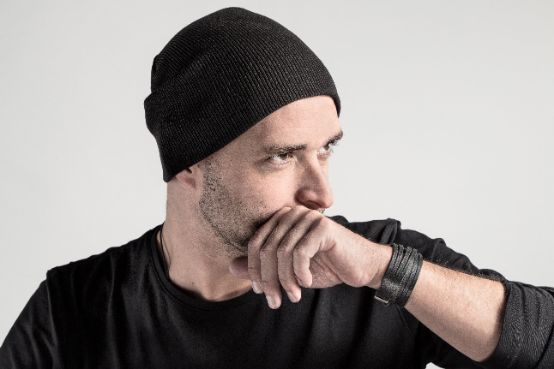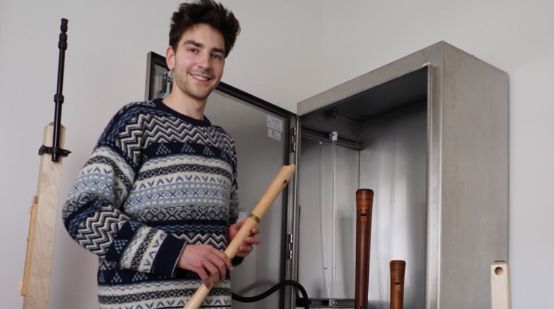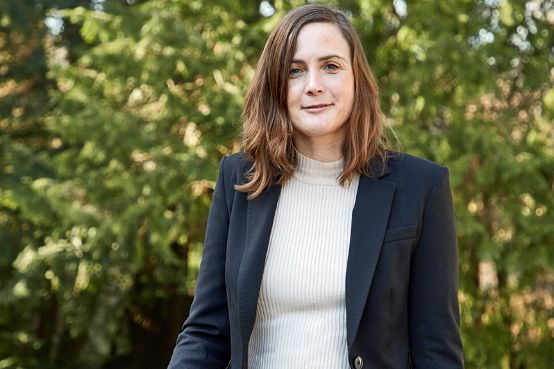James Gaffigan appointed to Berlin
James Gaffigan, the current Chief Conductor of the Lucerne Symphony Orchestra, will become General Music Director of the Komische Oper Berlin from the start of the 2023/24 season. The conductor Erina Yashima will become the company's First Kapellmeister from the 2022/23 season.
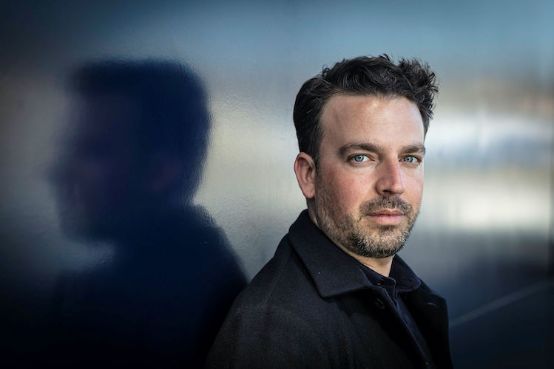
Gaffigan currently holds leading artistic positions with the Palau de les Arts Reina Sofía in Valencia, the Trondheim Symfoniorkester & Opera, the Verbier Festival Junior Orchestra and the Nederlands Radio Filharmonisch Orkest. In summer 2021, he ended his ten-year tenure as Principal Conductor of the Lucerne Symphony Orchestra.
As a guest conductor, he regularly leads renowned concert and opera orchestras in Europe, North America and Asia, including the orchestras of the Metropolitan Opera, the Opéra national de Paris, the Bavarian State Opera and the Tonhalle Orchestra Zurich.
Heilbronn-born conductor Erina Yashima is currently Assistant Conductor of the Philadelphia Orchestra, where she has assisted Music Director Yannick Nézet-Séguin and other guest conductors since 2019 and conducts concert programs herself. As a scholarship holder of the Sir Georg Solti Conducting Apprenticeship of the Chicago Symphony Orchestra, she assisted Riccardo Muti.






